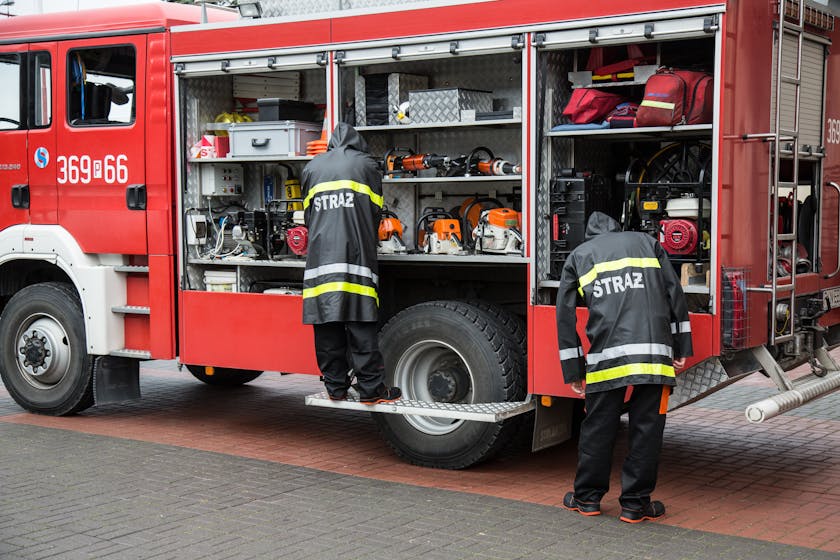If you’re looking to enhance your emergency preparedness, one essential component to consider is bulk meal storage. Having a robust supply of food can provide peace of mind and real sustenance in times of need. In this comprehensive guide, we will cover the how-to’s of storing meals in bulk effectively.
Understanding the Importance of Bulk Meal Storage
Before diving into the ‘how,’ it’s crucial to understand the ‘why.’ Bulk meal storage is not just for survivalists or those anticipating the apocalypse. Natural disasters, pandemics, economic downturns, or even personal financial crises can disrupt the normal supply of food. By having a substantial store of meals, you can ensure your family’s well-being in uncertain times.
Selecting the Right Food Items for Bulk Storage
Choosing the right food for bulk storage is vital. Opt for non-perishable items that have a long shelf-life. Dried grains like rice and wheat, beans, dried fruits, powdered milk, and canned goods are excellent choices. Consider the nutritional value and your family’s dietary preferences when making selections.
Proper Storage Conditions to Maximize Shelf Life
Storage conditions significantly impact the shelf life of your food. Keep your bulk meals in a cool, dry place away from direct sunlight. Basements or dedicated storage rooms are ideal. Ensure that temperatures remain consistent, ideally between 50°F and 70°F. Humidity should be kept low to prevent spoilage and the growth of mold.
Packaging Bulk Meals for Long-Term Storage
The way you package your food can make a world of difference. Use airtight containers, such as food-grade buckets with gamma seal lids or Mylar bags with oxygen absorbers. Proper sealing is key to preventing contamination and extending the life of your food. Label each container with the date of storage and the type of food inside.
Rotating Your Bulk Meal Stockpile
Even long-lasting foods have an expiration date. To avoid waste, implement a first-in, first-out (FIFO) system. Use the oldest stored items first and replace them with new ones. Periodically check your stockpile for any signs of spoilage or pest infestation and take action if needed.
Creating a Meal Plan from Your Bulk Storage
Having a meal plan can help you make the most of your bulk storage. Plan meals around the ingredients you have on hand. This ensures you use what you have before it expires and helps maintain a varied diet. It also allows you to quickly prepare meals during an emergency.
Integrating Freezing and Dehydration Techniques
Freezing and dehydration are excellent methods for preserving food. Freeze fresh produce, meats, and prepared meals to extend their shelf life. Dehydration is perfect for fruits, vegetables, and meats, creating lightweight, space-saving food options that rehydrate well.
Investing in Emergency Cooking Equipment
In the event of a power outage or disaster, you’ll need alternative cooking methods. Consider investing in a propane stove, solar oven, or a fuel-efficient camp stove. Ensure you have the necessary fuel stored safely and understand how to use the equipment before an emergency strikes.
Keeping an Inventory and Regularly Updating Your Supplies
Maintain an inventory of your bulk meal storage. This helps you track what you have, what you need, and when to use items by their expiration date. Regularly review and update your supplies to keep your stockpile fresh and relevant to your current needs.
One key strategy is to incorporate stored foods into your regular cooking. This practice not only rotates your stock but also familiarizes your family with the taste and preparation of your emergency meals.
Legal and Safety Considerations in Bulk Meal Storage
Be aware of any legal limitations regarding food storage in your area. Additionally, prioritize safety by storing heavy items low to the ground and securing shelving units to prevent accidents during an emergency.
By following these guidelines, you can create a comprehensive bulk meal storage plan that will serve you well in times of emergency. With careful planning and maintenance, your food reserves will be a reliable resource when you need it most.


